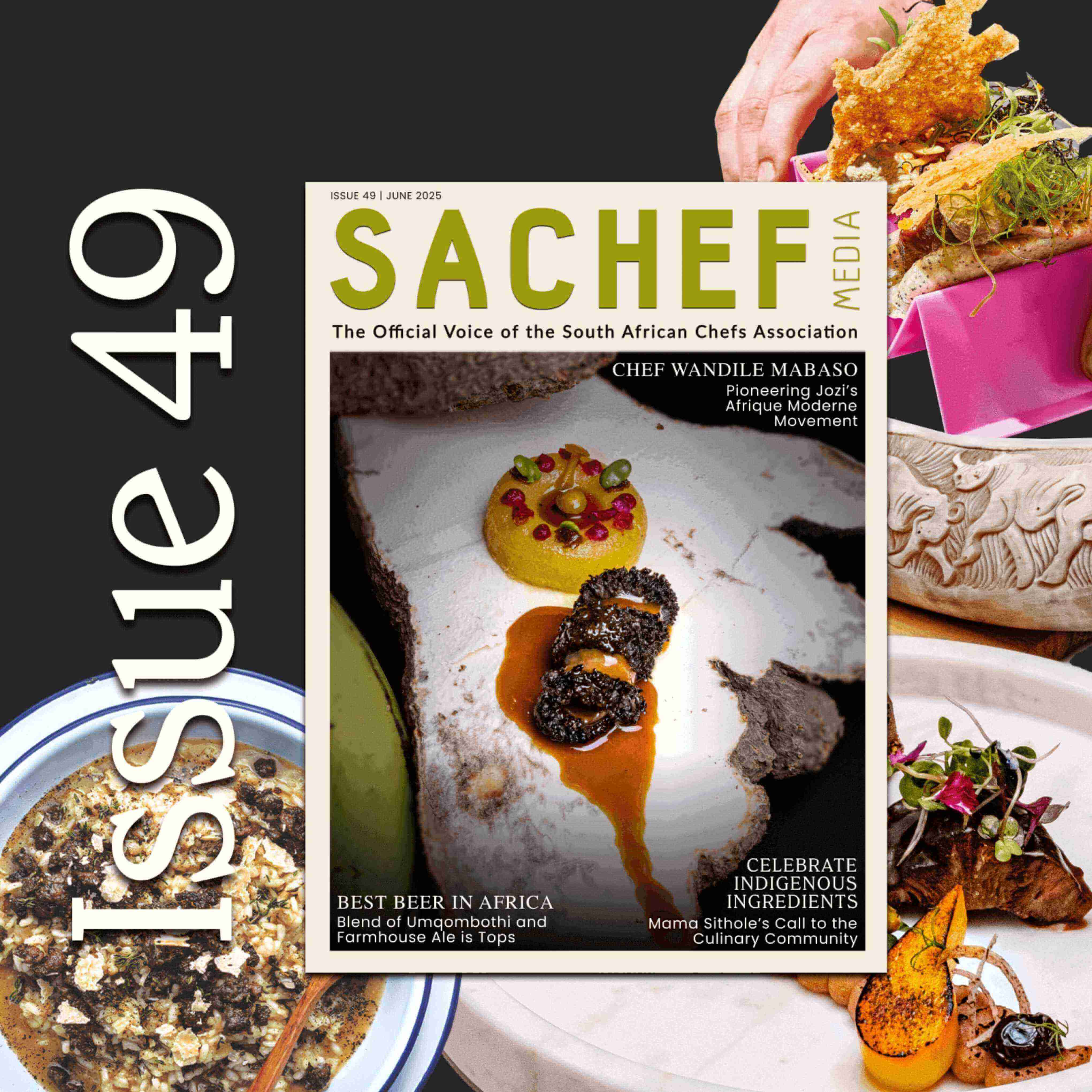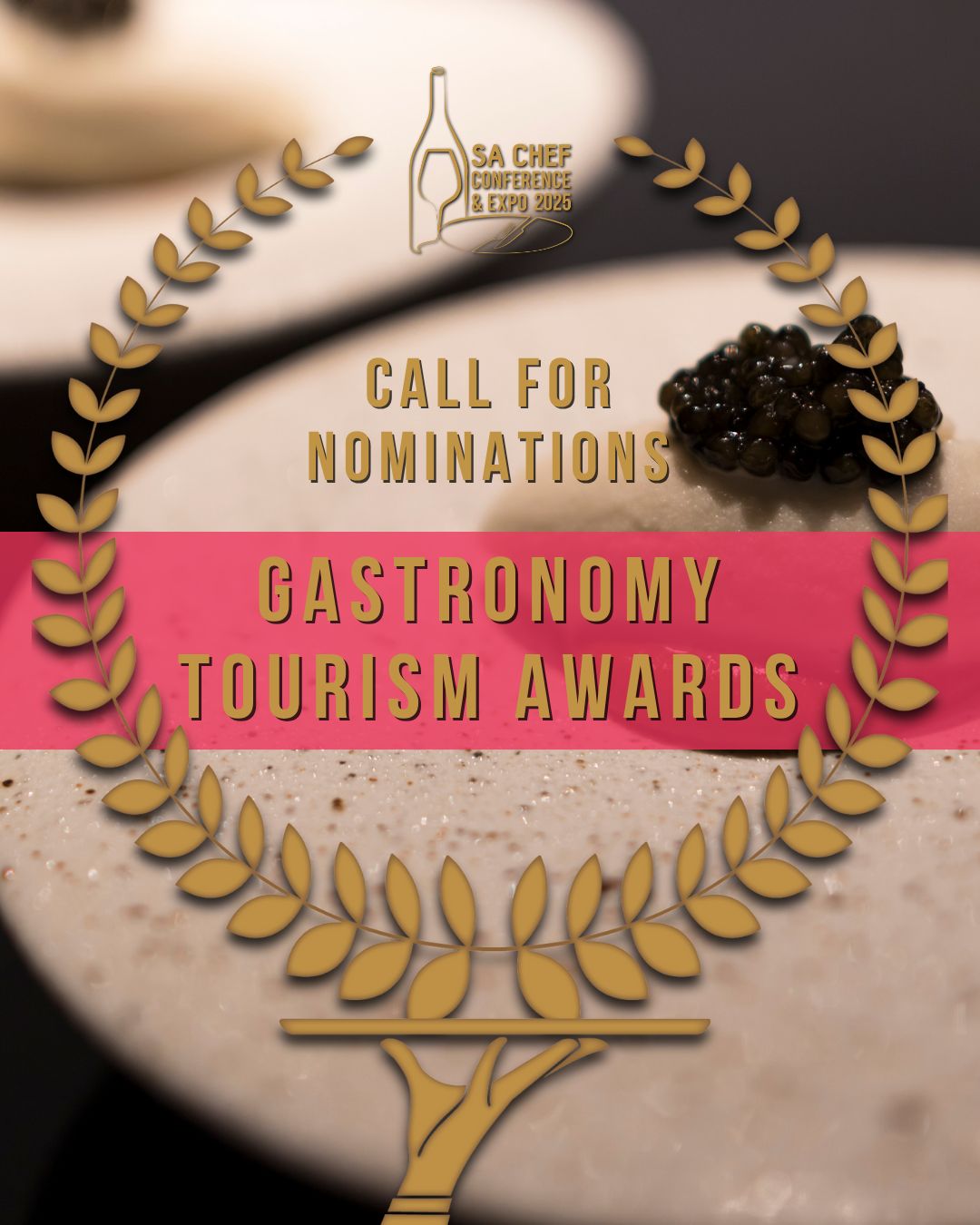Service management is the new buzzword on the business scene, and is destined to become one of the most sought after skill sets across business sectors, says an education expert.
Corporate sector companies are increasingly appointing Hospitality Management graduates to senior positions outside of their traditional roles, particularly due to their ability to interface effectively with the public and handle diverse crises, an education expert says.
“In the wake of the pandemic and lockdown measures, the hospitality and service management industry has grown and evolved tremendously, and to paraphrase the famous saying – reports of its demise have been greatly exaggerated,” says Candice Adams, Academic Development Manager at The IIE School of Hospitality and Service Management, a brand of ADvTECH, Africa’s largest private education provider.
Adams says that in recent years, the definition of hospitality evolved beyond the traditional one of receiving and welcoming guests and visitors and provisioning services in traditional hospitality environments such as hotels and restaurants.
“Customer-centricity has evolved, building a whole new perception of what it means to live and work in the ‘hospitality industry’,” she says.
“Due to an increase in expectations regarding what constitutes good customer service on the part of the general public, a wide range of companies look for those leaders who have a track record of being able to fulfil the needs and demands of their customers, and a hospitality management background is emerging as just the qualification that encapsulates the diverse range of skills required to do so.”
Adams says that this broadening of the understanding on the part of employers, of the skillset held by Hospitality Management graduates, is translating into opening an abundance of career opportunities for graduates.
“Service management is the new buzzword on the business scene, and is destined to become one of the most sought after skill sets across business sectors as businesses adapt their strategies to differentiate themselves from their local and international competitors following the pandemic and the massive acceleration in globalisation that has resulted.”
New job titles and roles are being created in businesses – focusing on guiding, supervising, curating or managing the customer journey – such as customer success consultants / managers, customer experience consultants, customer relationship managers, client services representatives, service managers, customer value representatives, and client innovations representatives/ managers to name but a few.
“Additionally, in the traditional hospitality industry, we are seeing that change is happening faster than ever before. The travel industry is one of the largest and most influential on earth, and is starting to pick up again globally, not just locally. While we may not be at the point of beds that make themselves or self-cleaning bathrooms, technology and innovation are bringing new and exciting changes for hoteliers and guests.
“In addition to forward-thinking hotel tech, we’re seeing changes to the workforce and work culture, shifting guest preferences, and an increased focus on eco-friendliness.”
So what will the hotel of the future look like?
“Based on research focusing on new trends, hotel designs will be a lot less big box and a lot more out of the box,” says Adams.
“Hotel design trends now show a different approach, focusing on art, community, and uniqueness. In some hotels, the space itself is what drives uniqueness, with creative lobby ideas or public areas that showcase nature, for example.”
The internet of things is spreading not only into homes, but also into hotel rooms, adds Adams.
From access to streaming services to a room key on your smartphone, the essential hotel amenities in a guestroom are becoming increasingly digital. Guests want concierge services or temperature controls at the push of a button (or tap of a finger), and voice-activated controls are expanding beyond simply asking Siri / Google or Alexa to play your favourite song. These trends might sound futuristic, but it won’t be long before guests will expect them, rather than these features being a nice-to-have.
“These automations aren’t going to automate themselves. Ensuring that the hospitality experience – whether in restaurants, for functions, or hotel stays – continue to deliver and delight, will always require a human with the right skills and leadership qualities.
“So for those students interested in studying Hospitality and Service Management, the message is clear – your options are good and growing not just in the traditional environment, but are also expanding into other career paths with great prospects.”
Never miss a beat: follow SA Chef Media on Facebook, Instagram, Twitter, or sign up for our fortnightly newsletter.









